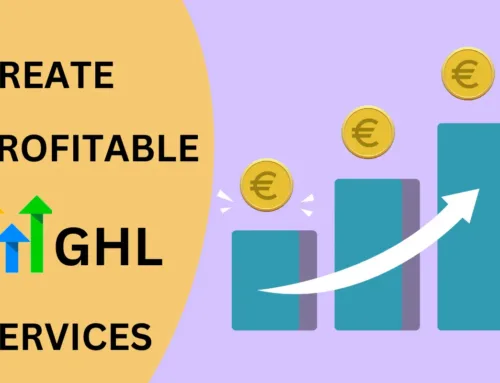WordPress has secured a name for itself as the world’s most popular content management systems in the world. From where it stands currently, WordPress is quite future proof; it can only get better in the foreseeable future.
Nevertheless, there’s much more to WordPress than merely downloading and installing it. Besides security and performance, your site will be greatly improved if you optimize it for SEO.
Tips for SEOing Your WordPress Site
SEO Explained
SEO basically involves the improvement of the volume and quality of website traffic from organic or unpaid searches on a search engine. SEO is very important especially for individuals seeking to enhance their brand through WordPress.
Sure, your site might have a cool design, breathtaking photos, and captivating videos. Google, Bing and any other search engine could care less about all this. These search engines will see your site’s worth in terms of keywords, alt tags, file names and many other technical details most of which come down to SEO.
SEO, therefore, helps your site become visible to search engines and consequently to potential visitors and users. Ideally, if a site has high SEO rankings, it will appear earlier on search result lists. Theoretically, appearing early on such list leads to more people visiting the site.
In simple terms, SEO, therefore, entails understanding what search engines look for in websites and applying that knowledge to optimize your website.
-
Tweak Some of The WordPress Defaults
Assuming that you have just finished launching a live self-hosted WordPress site, you need to get rid of some of the defaults that appear on your site.
Begin by removing the “Sample Page” and Hello World” items. While such content is great for testing the layout and typography of a site still in development, it is rather dull for a page that is live. You should delete these pages and replace them with better content that is specific to your pages. You should also change or remove the “Uncategorized Category” and come up with fresh categories that you think will become popular on your website.
-
Improve the Site’s Permalink
Permalinks appear in the address bars of your browser when you reach a particular site or page. Other websites also link to your sites through these permalinks. Additionally, search engines use the same permalinks to link to your site.
The default URL structure for permalinks on WordPress isn’t the best for SEO. Thankfully it is possible to alter permalinks as per your preference and needs. By going to settings >> permalinks, you thus can create permalinks that are SEO friendly.
When you change the permalinks use the post name because ranking algorithms factors in words, not numbers. Using words also entices readers to click on your links. You could also use other things such as categories and dates in your permalink. However, whatever you do, keep it short; preferably nothing more than 5 words.
-
Optimize Your Content
SEO will only get your site so far. Real success comes only to a site that combines SEO with unique content that is of high quality. The content should be relevant to your website’s goal, and it must be useful to your audience. Make sure that the content it so captivating that visitors will want to share it with their friends. Employ h1-h6 when highlighting the titles and subtitles or important sentences in your articles and use strong tags. It also is advisable that you make use of keyword planning in your writing.
-
Use SEO-Friendly Themes
Search engine bots wade through the source code of website themes looking for relevant content. Typically, a code is used to create the site’s design and layout. The more code used in a theme, the lesser the keywords and content. Therefore, if the theme you apply on your site has too much code, the search engine bots may fail to identify important and relevant content and keywords. Additionally, one should go for themes with fast response and performance since they rank better on SEO.
-
Create an XML Sitemap
The various pages on your website will be indexed better by a search engine if the search engine can recognize your site’s structure. It is relatively easier for Yahoo, Bing, and Google, among other search engines to crawl the pages in your site if you have a sitemap generating tool. Google XML Sitemaps, for instance, will generate a sitemap that makes it easy for search engines to index your site. Creating an XML sitemap is a simple matter of dragging and dropping a URL into a text box and letting the generator organize your website for you.

-
Organize Your Media
The beauty and aesthetic value of a website rely hugely on media. Media can, however, build or destroy your SEO score. The trick here lies on how you name and tag the images on your site. Complex name hurt your SEO score. Each time you upload an image edit its title, add a good caption and tweak its alt text and description appropriately. Never use flash for your videos since it is invisible to Google and other search engines; simply stick to WordPress.
-
Link Up with Social Media
Almost each one of your visitors is active on social media platforms such as Facebook, LinkedIn, Twitter, Instagram, etc. the content you create should be easy to share on social media. Make it so that user too can share it on their social media accounts by adding sharing button for various popular social media networks. This way you will create awareness and credibility for your site and gradually attract traffic to your site.
No single regimen is guaranteed to send your SEO rankings through the roof. However, the seven tips listed above are a sure way to get there. It is indeed prudent to hire an expert to help you enhance SEO. Such an expert is able to employ the latest tricks and tools along with highly innovative ideas that will improve the visibility and quality of your entire website. With such help, it is possible to get your content to the first page of every search result list.




